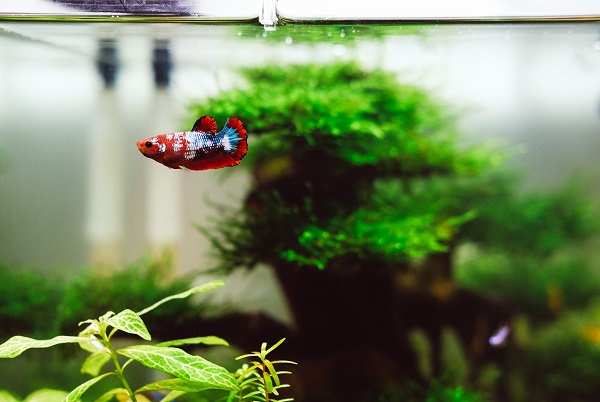
Just like any other living beings, fish can be susceptible to various illnesses. However, by implementing a few fundamental practices, you can significantly reduce the risk of fish disease and ensure a thriving aquarium ecosystem.
Proper Water Quality
Maintaining optimal water quality is paramount for the health of your fish. Regularly test the water parameters such as temperature, pH levels, ammonia, nitrite, and nitrate levels. Ensure the water is properly filtered and cycled to remove toxins and maintain stable conditions. Regular partial water changes can also help maintain water quality and remove accumulated waste.
Quarantine New Fish
Before introducing new fish to your aquarium, it is essential to quarantine them. Quarantine tanks provide a controlled environment to observe and monitor the new fish for signs of disease. This practice helps prevent the introduction of potential pathogens to your main aquarium, protecting the health of your existing fish.
Healthy Diet
Providing a balanced and nutritious diet is crucial for the overall well-being of your fish. Research the dietary requirements of your specific fish species and offer a varied diet that includes high-quality fish pellets or flakes, supplemented with occasional live or frozen foods. Avoid overfeeding, as uneaten food can contribute to poor water quality.
Adequate Tank Size and Environment
Ensuring the aquarium is appropriately sized for your fish species is vital. Overcrowding can cause stress, compromised water quality, and an increased risk of disease. Additionally, replicate the natural habitat of your fish by providing suitable decorations, plants, hiding spots, and appropriate lighting. A stress-free environment supports a strong immune system in your fish.
Maintain Good Hygiene
Maintaining good hygiene practices around your aquarium is crucial. Wash your hands thoroughly before and after handling fish or performing maintenance tasks to prevent the transfer of harmful bacteria. Use separate equipment, such as nets and siphons, for each aquarium to avoid cross-contamination. Regularly clean and maintain the aquarium equipment to prevent the buildup of debris and potential pathogens.
Additional Information
For more detailed information on preventing fish illness in an aquarium, you can visit
Fishkeeping World an online resource for aquarium enthusiasts. Their website provides detailed guides and articles on fish care, disease prevention, and maintaining a healthy aquarium environment. You can also visit The Spruce Pets which offers a wide range of articles and resources on various aspects of fishkeeping. They provide valuable information on preventing fish diseases, water quality management, and general aquarium maintenance.
Conclusion
By implementing these basic practices, you can significantly reduce the risk of fish illness and maintain a healthy aquarium environment. Regular monitoring of water quality, proper nutrition, quarantine procedures, appropriate tank size, and good hygiene practices all contribute to the overall well-being of your finned friends. Remember, a healthy environment fosters happy and vibrant fish. Enjoy the beauty and serenity of your aquarium while ensuring the optimal health of your aquatic pets.
Related Articles & Free Email Newsletter Sign Up
3 Great Fish for a First Time Aquarium Owner
Are Your Fish Swimming Upside Down? How to Solve a Swim Bladder Problem


Comment here